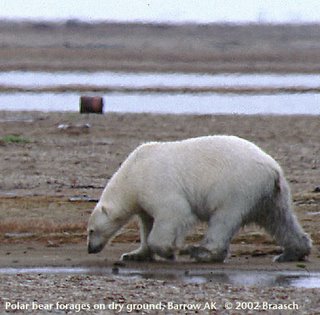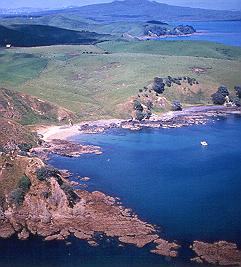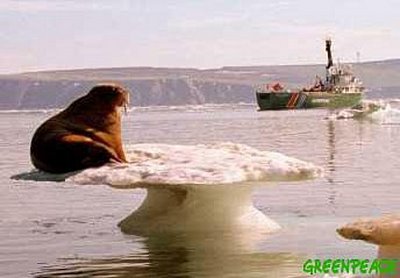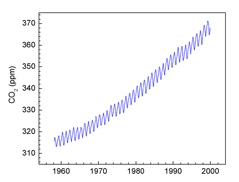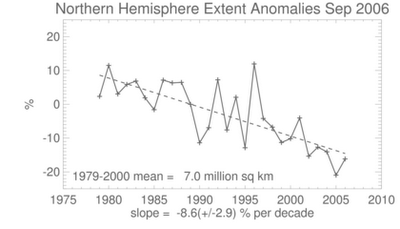If you are:
(1) an Aucklander and
(2) are getting sick of reading the depressing stuff on this site and
(3) you would like to make a difference, then
Why not try volunteering for the
Motutapu Restoration Trust? I have gone over for a day of volunteering three times so far, and have thoroughly enjoyed it. The trust has planted over 300,000 seedlings, covering 65 hectares of regenerating forest, since it was established in February 1994. A hectare of land can be planted with about 4500-6000 seedlings, which will eventually thin out to a mature patch of forest containing about 1000-1200 mature trees. To plant the whole island will take about 7.9 million seedlings, or about 430 volunteer years. I guess at some point the forest might start replanting itself though... The trust plans to plant 30,000 seedlings next year, amounting to 600 person-days of volunteering. You can be one of those person-days!
Based on
standard calculations the regenerating forest on Motutapu is sequestering about 1.5-4.5 tons of carbon (5.5-16.5 tons of CO
2) per hectare per year. Counting all 65 hectares, this is will neutralize about 730 tons of CO
2 emissions).
A 1.4 litre car travelling 20,000 km per year will, on average, produce 3.5 tonnes of carbon dioxide (CO
2). This mean that the current regenerating forest on Motutapu neutralizes the greenhouse emissions of about 210 cars on Auckland's roads. If the whole island was planted in regenerating forests it would neutralize the emissions of about 5000 cars on the roads.
Not bad, but still leaves a lot to be done... for instance you could drive less and conserve electricity :-)
Now lets finish the calculation. New Zealand has about 3.6 million cars. From the above calculations you need about 0.32 hectares of regenerating forest for each and every car. That means we need about 1.15 million hectares of regenerating forests to neutralize the emissions of all the cars in New Zealand. That works out to only about 4.3% of the total land mass (268,021 sq km) of New Zealand. Totally reasonable. What we need is for scientists to work out a super-efficient automated way to plant regenerating forests. Because right now volunteer hours are the bottleneck!!
Assumptions for calculation of 7.9 million seedlings and 430 person years:
* Each hectare is planted with 5250 seedlings
* Each volunteer plants 50 seedlings a day
* Motutapu Island is 1509 hectares
Note:
* 1 metric ton of carbon equivalent is 3.67 metric tons of CO
2

